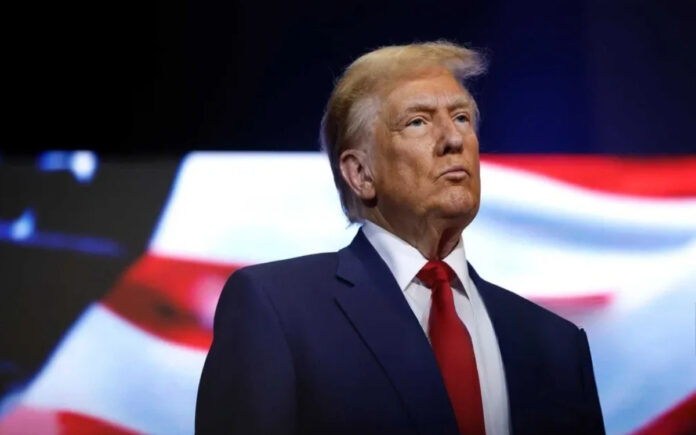Washington: The Trump administration has frozen over $1 billion in federal funding allocated to Cornell University and $790 million to Northwestern University, as both institutions come under investigation for alleged civil rights violations, according to a U.S. official who spoke on condition of anonymity.
The freeze impacts grants and contracts across several federal agencies, including the Departments of Health, Education, Agriculture, and Defense. The action marks the latest escalation in the administration’s broader crackdown on higher education institutions over issues ranging from campus protests to diversity programs and transgender policies.
The administration has issued repeated warnings to academic institutions over pro-Palestinian demonstrations on campuses. In particular, it has targeted universities it claims have failed to prevent what it calls antisemitism. Last month, letters were sent to 60 universities—Cornell and Northwestern among them—warning that enforcement actions could follow if reviews found noncompliance.
Cornell University acknowledged receiving “stop work” orders from the Department of Defense that affect research in areas such as health, defense, and cybersecurity. However, it stated it had not received a formal notice of the total value or scope of the funding freeze and is currently seeking clarification from federal authorities.
Northwestern University also confirmed it was aware of media reports regarding the funding pause but has not received any direct communication from the federal government. The university emphasized its cooperation with the ongoing investigation.
“Federal funds that Northwestern receives drive innovative and life-saving research, like the recent development by Northwestern researchers of the world’s smallest pacemaker, and research fueling the fight against Alzheimer’s disease. This type of research is now in jeopardy,” a university spokesperson said.
President Donald Trump has frequently condemned pro-Palestinian protests on U.S. campuses, accusing demonstrators of antisemitism and linking them to Hamas militants. The protests emerged in response to Israel’s military campaign in Gaza, which followed a deadly attack by Hamas in October 2023.
Also Read | IMF and Argentina Reach $20 Billion Staff-Level Deal to Stabilize Economy
While Trump has portrayed the protests as a national security concern, activists—including Jewish advocacy groups—argue that the administration is conflating criticism of Israeli policy with antisemitism. Protesters say their demonstrations are centered on advocating for Palestinian human rights and an end to the humanitarian crisis in Gaza.
Broader Crackdown Targets Multiple Universities
The freeze on Cornell and Northwestern is part of a larger clampdown on educational institutions by the Trump administration. Last week, federal authorities initiated a review of $9 billion in grants and contracts tied to Harvard University. The university has since been given conditions it must meet to maintain its federal funding. Similarly, Princeton University disclosed that dozens of its research grants had been frozen.
In another major move, the administration last month canceled $400 million in funding to Columbia University, which was at the center of last year’s campus protests. The funding talks resumed only after Columbia agreed to significant policy changes demanded by federal officials.
Also Read | Beijing-Linked Malware Threatens Taiwan, Tibetan, and Minority Advocates, Say Intelligence Agencies
The administration has also taken action against foreign students involved in protests. Several have been detained, and some face deportation. Visas for many have reportedly been revoked. Rights advocates have expressed alarm over what they view as an erosion of civil liberties and the rise of Islamophobia and anti-Arab bias, particularly during the Israel-Gaza conflict. To date, the Trump administration has not addressed these concerns publicly.
In March, the administration suspended $175 million in federal funding to the University of Pennsylvania, citing its policies on transgender participation in collegiate sports.
As investigations continue, universities nationwide face growing uncertainty over the future of their federal support and academic freedom.



